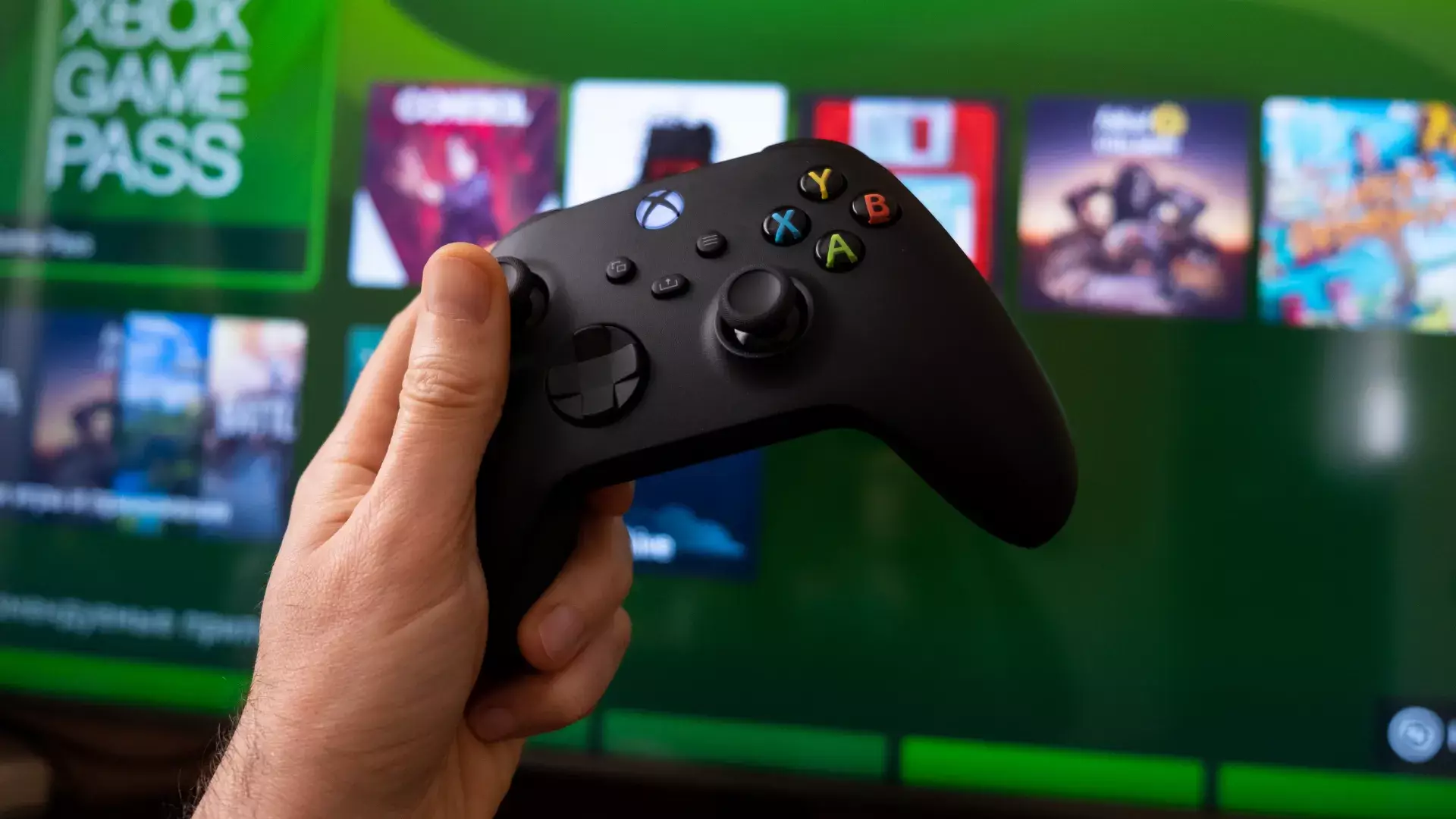In the rapidly evolving landscape of gaming technology, speculation runs rampant about Microsoft’s upcoming plans. Industry insiders and enthusiasts alike have debated whether the traditional console model is approaching its twilight or if it will be reinvented to meet future demands. For years, the entrenched image of Xbox as a dedicated hardware platform has been challenged by rumors of abandoning consoles altogether, leaning toward cloud gaming, or pivoting into a hybrid ecosystem. Yet, recent statements from Microsoft’s top executives seem to suggest a nuanced strategy—one that retains the essence of consoles while embracing a broader, more flexible player-centric experience. This divergence from past generations points to a company that isn’t backing away from hardware but reimagining its purpose within a more interconnected gaming universe.
Adapting to the Multi-Device Era: A Player-Centric Approach
Microsoft’s Vice President Jason Ronald has delivered a compelling message that signals change, not retreat. Instead of focusing solely on traditional consoles, he emphasizes convenience and accessibility for players. His remarks underscore a vision where the gaming experience is no longer confined to a single device but spans smartphones, tablets, PCs, and dedicated consoles. This strategic pivot stems from understanding how modern gamers engage with titles—highly mobile, multitasking, and playing across various platforms.
The phrase “put the player at the center” isn’t mere rhetoric but a blueprint for future innovation. Microsoft’s goal appears to be designing an ecosystem that allows seamless gameplay across devices. This approach aligns with the rising popularity of cloud gaming and the success stories of hybrid devices, which combine portability with power. The upcoming Xbox handheld—commonly whispered about under the codename “Project Keystone”—could be a pivotal tool in this transition, serving as a bridge that connects high-performance hardware with the mobility gamers demand.
Reimagining Hardware: The Next Xbox and Handheld Innovations
The rumored Xbox handheld signals Microsoft’s intent to redefine what a gaming console can be. The ROG Xbox Ally X and its less powerful sibling fit neatly into a landscape increasingly resembling a gaming PC in portable form. With top-tier specs such as AMD Ryzen AI Z2 Extreme chips, substantial RAM, and ample SSD storage, these devices seem to blur the lines between traditional consoles and powerful handheld PCs.
This hardware direction hints at a future where dedicated gaming devices are optimized for versatility, not just living room setups. In essence, Microsoft may be taking a page from the success of devices like the Steam Deck, emphasizing hardware that offers both portability and robust performance. Such a move could democratize high-quality gaming, making it accessible anytime, anywhere—whether on a couch, on the go, or at a friend’s house.
The implications extend beyond mere hardware fitting. It’s about delivering a unified ecosystem where players can start a game on a handheld device and switch seamlessly to a full-sized console or PC. In doing so, Microsoft might be subtly transforming the gaming paradigm—no longer a choice between dedicated consoles or PC gaming but a fluid, interconnected experience that respects player convenience and preferences.
Balancing Classic Hardware and Modern Strategy
Despite mounting rumors that Microsoft might be shifting away from hardware obsession, recent declarations suggest a different path. The company envisions its next-generation console as an evolutionary leap—“the largest technical leap you will ever have seen,” as Sarah Bond pointed out. This suggests that Microsoft intends to deliver in hardware, not abandon it.
Furthermore, their stance on multiformat game releases indicates a desire to reach wider audiences beyond their own platforms. Microsoft’s commitment to keeping its games accessible across stores and on multiple devices reveals a strategy centered on flexibility and inclusivity. It positions them uniquely in the landscape—offering powerful new consoles while simultaneously expanding their reach through multi-platform compatibility.
So rather than surrender the conventional hardware market, Microsoft seems set on elevating it. The next Xbox may retain traditional attributes but envelop them within a broader, more versatile gaming ecosystem that prioritizes player choice. The company might be betting that the future lies not in abandoning consoles but in transforming them into integral elements of a multi-faceted gaming universe.

